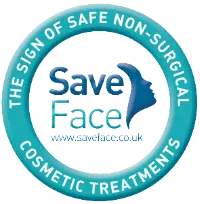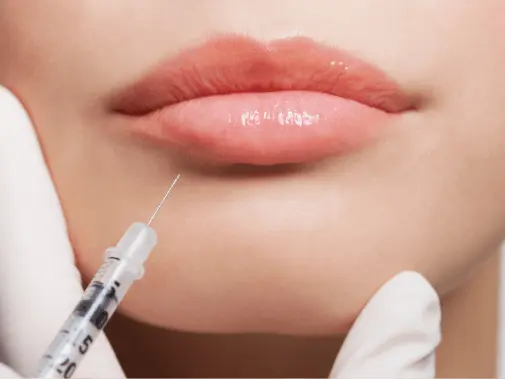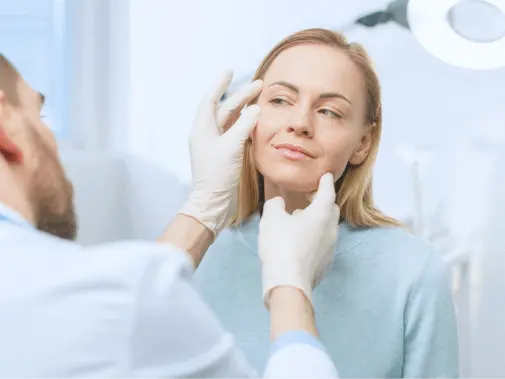Overview
Sweating is necessary to control body temperature during times of exercise and in warm/hot surroundings, and is a normal response to a rise in temperature or anxiety. Sweating is regulated by the sympathetic nervous system. In about 1% of the population, this system is revved-up and works at a very high level, causing sweating to occur at inappropriate times, far in excess of the amount necessary to maintain normal body temperature. It can occur in many different areas of the body, and the condition is known as Hyperhidrosis, which means 'excessive sweating'. It affects both sexes equally, and all races.






